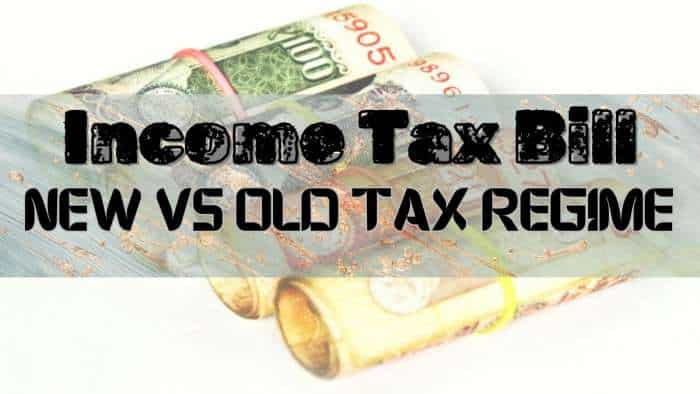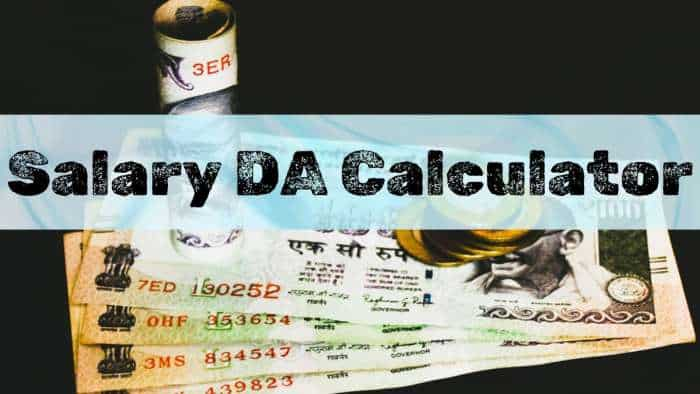Husband can be held liable for wife’s stock market debt based on…: Supreme Court
In a groundbreaking ruling, the country’s apex court has held that a husband can be held “jointly and severally liable” for the debit balance in his wife’s trading account based on “an oral agreement” and the “nature of their financial dealings”.
)
Can a husband be held liable for losses incurred in the share market by his wife? Apparently, yes, under certain conditions. In a groundbreaking ruling, the country’s apex court has held that a husband can be held “jointly and severally liable” for the debit balance in his wife’s trading account based on “an oral agreement” and the “nature of their financial dealings”.
First things first, let’s look at the actual ruling closely: “Under Bye-law 248(a) (BSE), the arbitral tribunal could have exercised jurisdiction over respondent no. 1 (husband) on the basis of an oral contract that he would be jointly and severally liable for the transactions undertaken in respondent no. 2’s (wife) account. Such oral contract would not amount to a 'private' transaction that falls outside the scope of arbitration,” read a Supreme Court order issued on February 10, in a matter between AC Choksi Share Broker and one Jatin Pratap Desai.
Husband can be held accountable for wife’s stock market losses?
So what the top court ruling, issued by the bench comprising Justices PS Narasimha and Sandeep Mehta, means is that in cases where a registered stock broker initiates an arbitration against a woman incurring losses in her trading account, the husband of the woman can be made a party to the arbitration. In simpler words, under such circumstances, the arbitral tribunal can claim jurisdiction over the woman’s husband under applicable law. The law in question, in this case, is the Bombay Stock Exchange Byelaws, 1957.
Why such a ruling?
What made the top court take such a step? In the AC Choksi Share Broker versus Jatin Pratap Desai matter, such a dispute arose over a debit balance in the trading account of the woman, for which the arbitral tribunal held both the woman and her husband “jointly and severally liable”. In 1999, the husband and the wife in question had opened separate trading accounts with the appellant-stock broker. However, the appellant claimed the duo agreed to operate them jointly, sharing any liability incurred. About two years later, the wife incurred significant losses in her trading account, which was in stark contrast to a profit in the husband’s trading account.
So what? Read on… There’s a catch…
Upon receiving oral instructions from the husband, the appellant transferred funds from his account to the wife's account to offset the losses. But then came a market crash that multiplied the losses, leaving the appellant no option but to seek recovery from both respondents. This is when the husband contested the claim, claiming that he was wrongly included since the transfer of funds was unauthorised under capital market regulator SEBI’s guidelines.
The arbitral tribunal ruled in favour of the broker, stating that it was in fact both respondents who were “jointly and severally liable” for the losses, based on reasonable evidence suggesting that the husband was actively involved in the transactions and had agreed to cover up for the shortfall.
The court rejected the husband's counterclaim. It said the couple shared financial responsibility based on their past dealings. Although SEBI rules require written permission for fund transfers, the court considered the couple's financial history together.
The respondents then challenged this order, but a single-judge bench of the Bombay High Court dismissed their applications. The Division Bench of the High Court overturned a tribunal's ruling against the husband, holding that he shouldn't have been included in the arbitration. The court held that his liability stemmed from a private understanding, separate from BSE transactions. It also held that oral agreements cannot override official records and SEBI guidelines, deeming the tribunal's decision as lacking jurisdiction and containing errors in law.
The stock broker then approached the Supreme Court. It was at this point that the apex court ruled that the arbitral tribunal had jurisdiction over the husband under certain laws that cover disputes between brokers and clients.
The oral agreement between the parties was not considered binding because it was separate from their official stock exchange transactions.
“Once the arbitral tribunal arrived at a finding that respondent no. 1 is jointly and severally liable for the debit balance in respondent no. 2’s account, which we have upheld above, Bye-law 247A in fact permits the withdrawal of the credit balance from respondent no. 1’s account… Although the arbitral tribunal has held that written authorisation for such adjustment is required, we find nothing in Bye-law 247A or in the SEBI Guidelines, on which this Bye-law is based, that mandates the same,” ruled the Supreme Court.
Ruling in favour of the broker, the top court upheld the decision of the arbitral tribunal: “The arbitral award dated 26.02.2004 is upheld in its entirety and respondent no. 1 is jointly and severally liable, along with respondent no. 2, to pay the appellant the arbitral sum of Rs. 1,18,48,069/- along with 9 per cent interest p.a. from 01.05.2001 till date of repayment as has been directed by the arbitral tribunal."
Get Latest Business News, Stock Market Updates and Videos; Check your tax outgo through Income Tax Calculator and save money through our Personal Finance coverage. Check Business Breaking News Live on Zee Business Twitter and Facebook. Subscribe on YouTube.
RECOMMENDED STORIES

New Tax Regime Slabs: Is your annual salary Rs 12,87,500? Do you need to pay tax on Rs 12,500 or Rs 12,87,500? See calculations to know

SIP, One-time Investments for Retirement Planning: Want to get Rs 60,000 monthly income at 60? Know how much you need to invest if you are 25, 30, 35, or 40 years old?

Top 7 SBI Mutual Fund MFs by One-time Investment Return: Rs 1 lakh has grown to Rs 2.85 lakh-3.48 lakh in 5 years; see list, compare SIP returns

SBI 444-day FD vs SBI 400-day FD: Which can give you higher maturities on Rs 2 lakh, 4 lakh, and 6 lakh investments?

Income Tax Calculations: What will be your tax liability if your salary is Rs 8 lakh, Rs 14 lakh, Rs 20 lakh, and Rs 26 lakh?

Monthly Salary DA Calculations: Is your basic salary Rs 25,500, Rs 35,400, or Rs 53,100? Know how much DA amount will you get at different rates
10:55 PM IST










 Sebi seeks public feedback on draft norms for ESG rating providers
Sebi seeks public feedback on draft norms for ESG rating providers  Sebi proposes changes in margin pledge system to prevent misuse of clients' securities
Sebi proposes changes in margin pledge system to prevent misuse of clients' securities  Sebi launches MITRA to help investors trace inactive mutual fund folios
Sebi launches MITRA to help investors trace inactive mutual fund folios Sebi slaps Rs 2.83 crore demand notice on former TV anchor, 7 others
Sebi slaps Rs 2.83 crore demand notice on former TV anchor, 7 others SEBI’s Consultation Paper: New rules for unclaimed funds and securities
SEBI’s Consultation Paper: New rules for unclaimed funds and securities